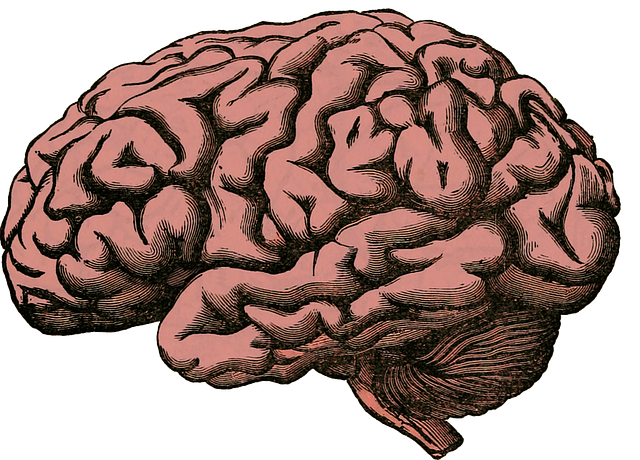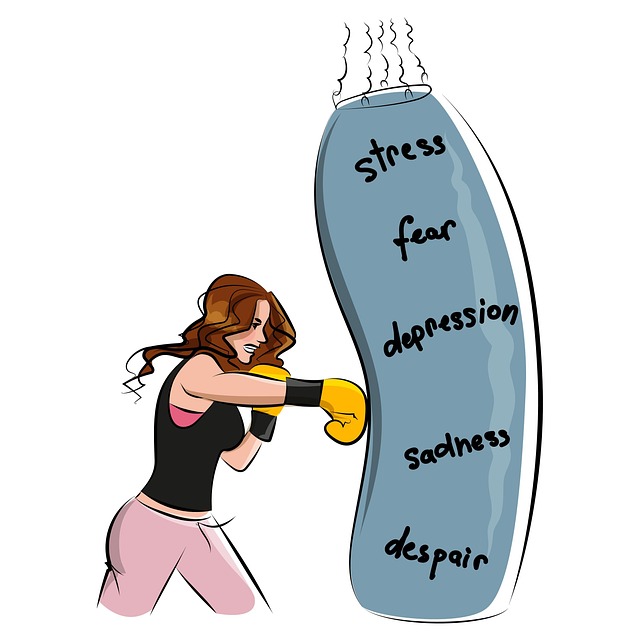The media's influence on mental health perception is profound, impacting public understanding and support for those struggling. Wheat Ridge Self-Esteem Therapy offers a unique approach, challenging stereotypes by promoting self-esteem and resilience through cognitive behavioral techniques and mindfulness practices. Their podcast series shares recovery stories, aiming to revolutionize mental health support. By encouraging diverse storytelling, integrating self-care strategies, and fostering open dialogues, media can reduce stigma and promote empathy. Techniques like Wheat Ridge Self-Esteem Therapy, combined with public awareness campaigns, empower audiences to understand and support individuals with mental illness, ultimately inspiring hope and resilience.
Mental illness representation in media significantly impacts public perception, often perpetuating stereotypes or neglecting the complexity of these conditions. This article delves into strategies to challenge such portrayals and promote positive mental health narratives. We explore the powerful therapeutic approach of Wheat Ridge Self-Esteem Therapy, which fosters self-acceptance and counters stigma. Through understanding the impact of media, implementing innovative therapies, and raising awareness, we can create a more inclusive and supportive society for those living with mental illness.
- Understanding the Impact of Media Portrayal on Mental Health
- Exploring Wheat Ridge Self-Esteem Therapy: A Novel Approach
- Strategies for Promoting Positive Mental Illness Representation
- The Role of Education and Awareness in Overcoming Stigma
Understanding the Impact of Media Portrayal on Mental Health

The media’s portrayal of mental illness can significantly shape public perception and understanding, which has profound implications for individuals seeking support. When depicted accurately, stories about mental health in media can foster empathy, reduce stigma, and encourage help-seeking behaviors. However, stereotypical or inaccurate representations can lead to further marginalization and complicate the journey towards recovery for those affected. For instance, popular culture often portrays mental illness as a fleeting phase or an extreme condition, neglecting the nuances of various disorders and their impacts on daily life.
At Wheat Ridge Self-Esteem Therapy, we emphasize the importance of Mind Over Matter principles in navigating mental health challenges. By challenging these media stereotypes, we aim to promote resilience building and stress reduction methods that empower individuals to take control of their mental well-being. Understanding the profound influence of media, we encourage a responsible portrayal of mental illness to ensure those struggling can find accurate reflections of their experiences and access the support they need.
Exploring Wheat Ridge Self-Esteem Therapy: A Novel Approach

Wheat Ridge Self-Esteem Therapy represents a novel and promising approach to tackling mental illness representation in media. By focusing on fostering self-esteem and emotional resilience, this therapy goes beyond traditional treatments that often emphasize pathologizing mental health conditions. The method encourages individuals to challenge societal norms and stereotypes surrounding mental wellness, promoting a more nuanced and empathetic understanding of psychological struggles.
This innovative therapy incorporates elements from various therapeutic modalities, including cognitive behavioral techniques and mindfulness practices, tailored to individual needs. Moreover, the Mental Wellness Podcast Series Production can play a significant role in amplifying its impact by providing accessible platforms for sharing stories of mental health recovery and promoting open dialogues about anxiety relief and emotional regulation. Through such initiatives, Wheat Ridge Self-Esteem Therapy seeks to revolutionize how we perceive and support individuals facing mental health challenges.
Strategies for Promoting Positive Mental Illness Representation

Media plays a significant role in shaping societal perceptions about mental health. To challenge negative stereotypes and promote understanding, several strategies can be implemented. One effective approach is to encourage diverse storytelling, ensuring that mental illness is represented accurately and with empathy. This includes showcasing recovery stories, promoting positive thinking, and featuring characters with various mental health conditions in leading roles. By doing so, the media can help reduce stigma and foster a more compassionate environment.
Additionally, integrating burnout prevention strategies for healthcare providers into narratives can be powerful. Portraying professionals who prioritize self-care and seek support, like those offered at Wheat Ridge Self-Esteem Therapy, can normalize these practices. This, in turn, may inspire viewers to adopt similar habits. Social skills training should also be incorporated, as it helps in portraying individuals with mental health conditions as capable and supportive members of society. These efforts collectively contribute to a more inclusive and empathetic media landscape.
The Role of Education and Awareness in Overcoming Stigma

Education and awareness play a pivotal role in challenging the stigma surrounding mental illness. By integrating Wheat Ridge Self-Esteem Therapy techniques and practices like Compassion Cultivation, media can foster understanding and empathy among audiences. These approaches encourage people to see beyond the symptoms and recognize the humanity of individuals dealing with mental health issues, breaking down barriers and fostering a more supportive environment.
Public Awareness Campaigns centered on mental health education help normalize conversations around these topics. Through engaging narratives and accessible information, media can destigmatize mental illness, encouraging early intervention and support-seeking behaviors. Embracing Mind Over Matter Principles, which emphasize the power of positive thinking and resilience, can also inspire hope and empowerment among both those affected by mental illness and their supporters.
Media representation plays a pivotal role in shaping societal perceptions about mental illness, with accurate and empathetic portrayals offering a powerful tool for challenging stigma. By highlighting innovative approaches like Wheat Ridge Self-Esteem Therapy, we can foster a more inclusive narrative. Combining therapeutic methods with education and awareness campaigns is essential to creating an environment that supports those struggling with mental health issues. Through these collective efforts, we can navigate towards a future where mental illness is met with understanding, compassion, and reduced stigma.














